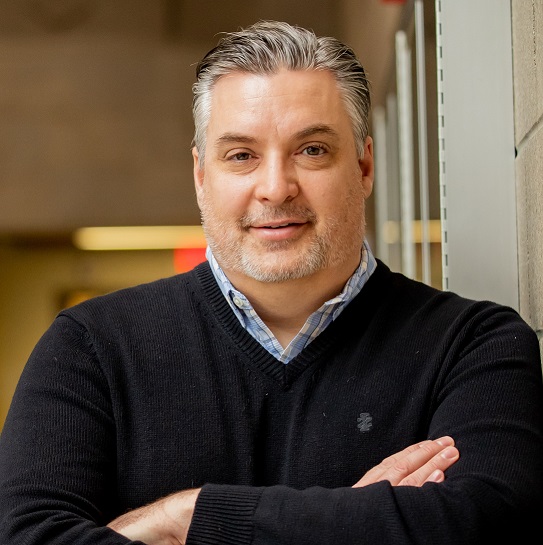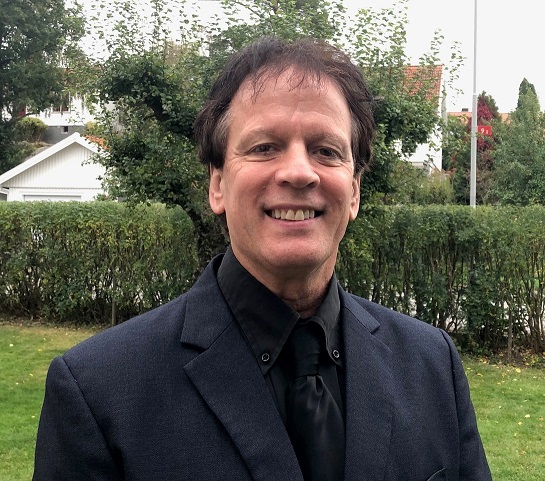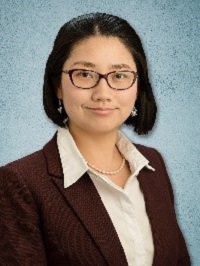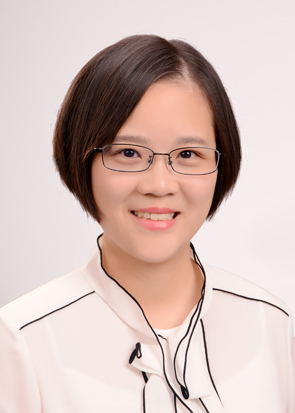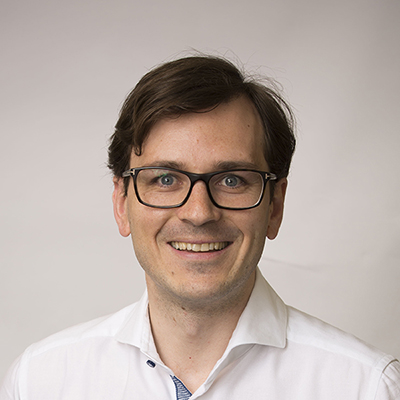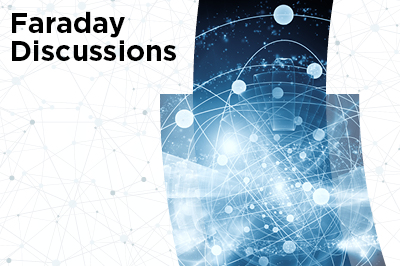Welcome
Join us for our conference in Nanjing in October 2024. This meeting is for established and early-career scientists, post-graduate students and industrial researchers interested in Nanoelectrochemistry, at any scale, from single-entity to ensemble.On behalf of the organising committee, we look forward to welcoming you to Nanjing, China.
Yi-Tao Long
Nanjing University and Conference Co-Chair
Patrick Unwin
University of Warwick and Conference Co-Chair
Themes
The aim of this meeting is to bring together researchers working on nanoelectrochemistry, whatever the scale.At this meeting, new advances in nanoelectrochemistry will be discussed, in which individual, transient intermediate and fast charge transfer at the nanointerface can be probed, enabling a comprehensive understanding of electrochemistry at any scale (single entity to ensemble). New theoretical models are also being developed to understand the dynamic and stochastic processes during nanopore electrochemical confinement. The combination of nanoelectrochemistry with other techniques such as scanning probe microscopy or spectroscopy techniques has proven to be a useful tool for single cell imaging, dynamic electrochemical reaction tracking, which facilitates a better understanding of dynamic electron transfer processes and dynamic mass transfer at the nano-interface. New spectroscopic methods/instruments will also be included in the discussion as they relate to improving spectral and spatial resolution beyond the optical diffraction limit, as well as actively control processes at the nanoscale. This meeting will provide opportunities for nanoelectrochemisty researchers to exchange novel ideas face-to-face, further advancing this promising research field.
The meeting will be organised into the following themes:
Confined Nanopore Electrochemistry
The ultimate challenge of modern electroanalytical chemistry is to reach single-molecule level detection with high spatial and temporal resolution. Nanopores are nanoscale-sized channels that address this challenge by providing a confined space that is compatible with single-molecule scale. Confined Nanopore electrochemistry exhibits sensitivity for detecting single entities such as small molecules, nucleic acid polymers, proteins, viruses and nanoparticles using an electrical signal. In this session, attention will focus on the deep understanding of dynamic single-molecule reactions, DNA and protein sequencing, the interaction of single molecules, and so on.
Scanning Electrochemical Probe Microscopy
Scanning Electrochemical Probe Microscopy (SEPM), including Scanning Electrochemical Microscopy (SECM), Scanning Ion Conductance Microscopy (SICM), Scanning Electrochemical Cell Microscopy (SECCM) etc., is a powerful technique that provides chemical characterization, quantification, and spatiotemporal information at the nanoscale. The non-invasive and high-resolution electrochemical imaging capabilities of SEPM make it particularly effective for the study of individual atoms, molecules, nanoparticles and cells into nanoscopic structural entities.
Spectroelectrochemistry and light active processes at the Nanointerface
Electrochemistry can be used to determine concentrations of known compounds or to obtain information concerning reaction kinetics. However, it is less suitable for elucidating unknown reaction intermediates or products. By combining electrochemistry with an optical technique, more qualitative and quantitative information about the processes occurring at the electrodes can be obtained. This session involves a broad variety of promising spectroelectrochemical approaches that allow in situ acquisition of multi-dimensional information of the analyte at a nanointerface. Moreover, light is a controllable energy enabling one to tune reactive properties at the nanoscale.
Systems Nanoelectrochemistry: From single-entity to ensemble
The rapid development of nanoelectrochemistry provided a sensitive method to measure individual entities at the micro-/nano-scale. However, the activity and the micro-environment of individual entities are correlated, which is often related to the interaction between the entities and electrodes or adjacent individual entities. Nanoelectrochemistry is not just measurements of individual entities or groups of entities, but is ultimately used to provide a comprehensive understanding of electrochemical systems and dynamic kinetics at any scale (from single-entity to ensemble). This session will focus on the “Systems Electrochemistry” measurement of a single-entity, entity-entity interactions, entity-nanointerface interaction, and the multi-disciplinary approaches to correlate entity-to-global understanding.




